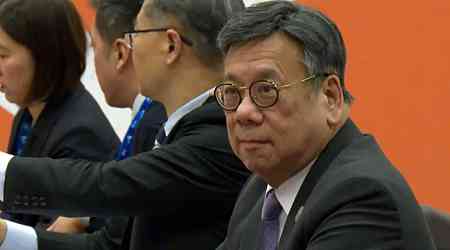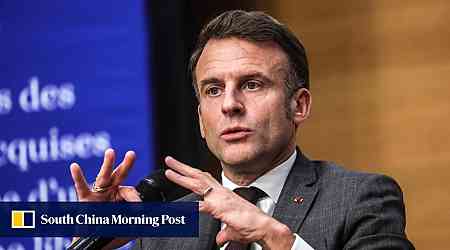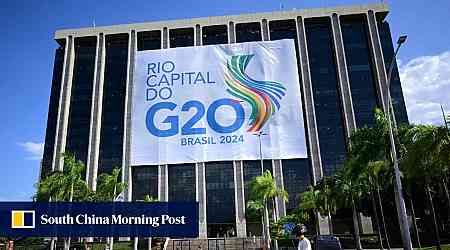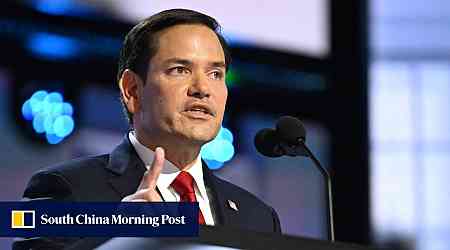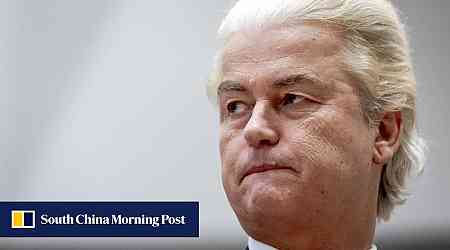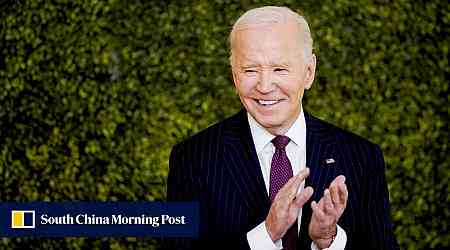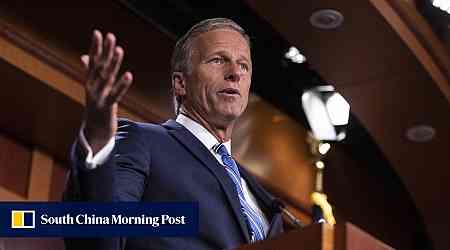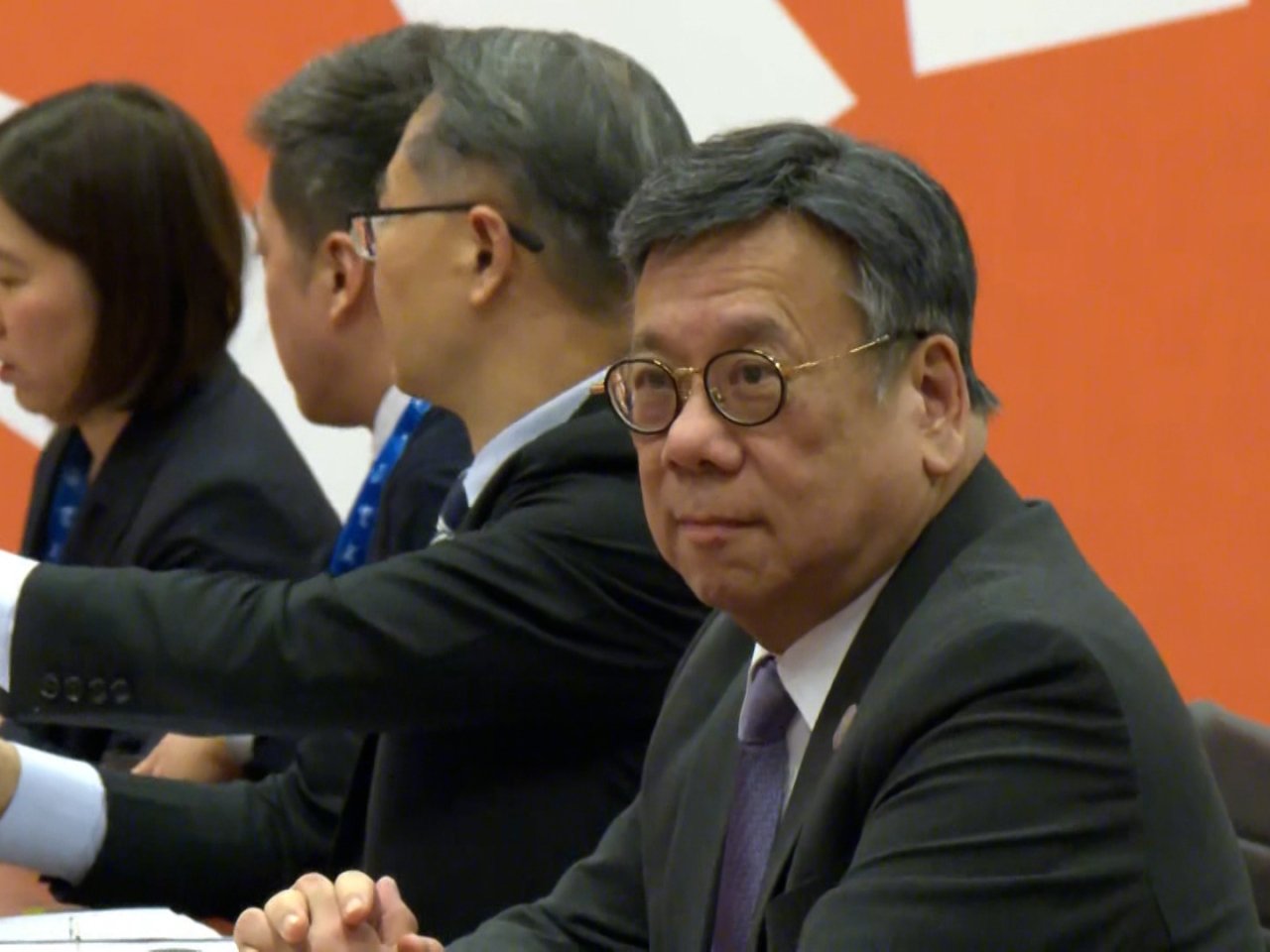For the last two years, the trade conflict between the United States and China has dominated the economic and financial-market debate - with good reason. After threats and accusations that long predated the 2016 US presidential election, rhetoric has given way to action.
Over the past 17 months, the world's two largest economies have become embroiled in the most serious tariff war since the early 1930s. And the weaponization of US trade policy to target perceived company-specific threats such as Chinese telecommunications equipment giant Huawei has broadened the front in this battle.
From the start, it has been a political conflict fought with economic weapons and could remain so in the foreseeable future. What that means, of course, is that the economic and financial-market outlook basically hinges on the political dynamics between the US and China.


















